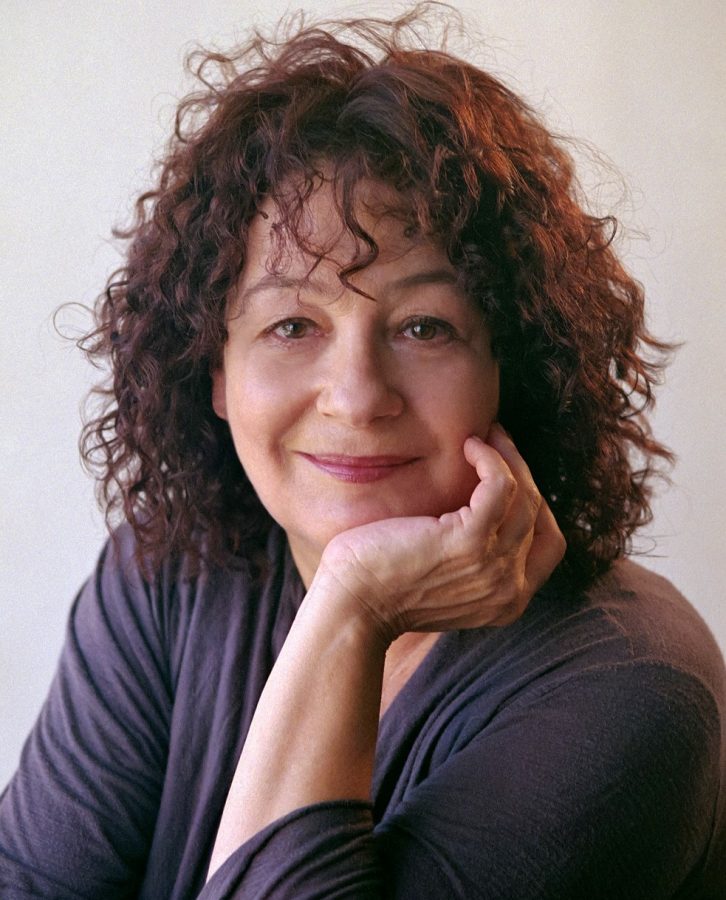Accomplished Israeli screenwriter Ronit Weiss-Berkowitz began teaching at San Diego State for the spring 2019 semester under the Visiting Israeli Artists Program, which enables recognized Israeli artists to temporarily reside at U.S. universities.
Weiss-Berkowitz has been the director, creator, head writer and screenwriter of multiple pieces of media broadcasted in Israel. She is currently teaching a screenwriting class under English 557 for the semester.
Born and raised in Tel Aviv, Israel, with a passion for film, Weiss-Berkowitz has gained plenty of experience working in the Israeli media industry. She said Tel Aviv, despite its distance from San Diego, does not have a great cultural distinction from California. On top of this, she said the city is far different from the country as a whole.
“Tel Aviv is more leftist. Tel Aviv is more liberal. Tel Aviv is more open and (they) enjoy life, and (are) young and looking to the future and not to the past,” she said about Tel Aviv in comparison to Israel as a whole.
She loves her experience living in Southern California which she said consists of good weather, nice people and minimal stress.
She previously taught at the University of Tel Aviv and founded a screenwriting program at the Sam Spiegel Film and Television School in Jerusalem. She said teaching was an interest that she picked up later on in life and became a great source of pride for her.
“Being a teacher is not like going to the class and talking to them … you see them grow,” Weiss-Berkowitz said.
She said she aims to work with her students beyond the walls of the classroom and hopes to be able to work with them in a film setting once they become done with school.
Other than teaching, Weiss-Berkowitz is currently working on a TV series that is being co-produced with companies from Israel and Norway. The TV series will be the first of its kind to feature co-production from the two countries.
She said her strong work ethic and busy lifestyle can likely be attributed to the inspiration she gets from the sacrifice her parents made for her who were both survivors of the Holocaust.
“You have to make them happy because they lost everything and your goal is to make them happy,” she said.
Weiss-Berkowitz, having exposure to both Israeli and American mainstream media, felt the two had very different approaches to how they created films. She said the American film industry is best known for its big budgets, using the high cost of producing “Saving Private Ryan”’s beginning scene at D-Day as an example. For her, a lower budget for Israeli films was a positive to work with.
“Our unique angle is stories and instead of looking at low budget as limitations, we can look at it as a challenge and how can we tell our stories in low budget or in a sophisticated way,” she said.
Her interest in film originated during her childhood as she began exposing herself to her creative and imaginative side and enjoyed writing her own stories. Her creative inspiration, though, stems from a rather inquisitive, curious and philosophical nature.
“The main question is ‘What if?’,” she said. “This is the most creative question I know.”







